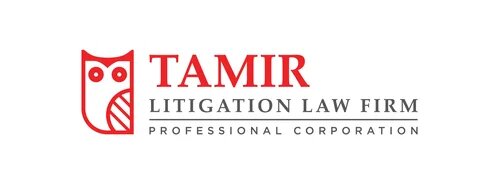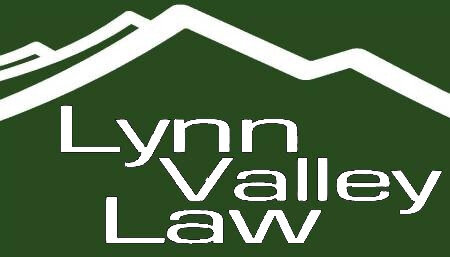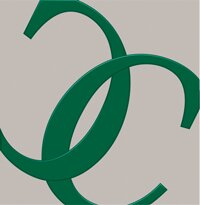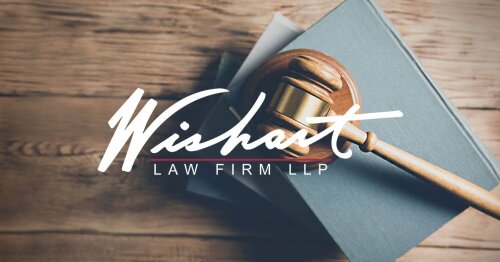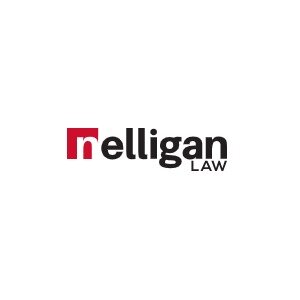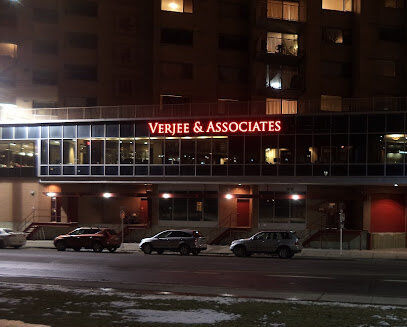Best Insurance Fraud Lawyers in Canada
Share your needs with us, get contacted by law firms.
Free. Takes 2 min.
Or refine your search by selecting a city:
List of the best lawyers in Canada
About Insurance Fraud Law in Canada
Insurance fraud in Canada is a serious offense that involves activities aimed at deceiving an insurance company or agent to obtain an unlawful gain. This can include inflating claims, staging accidents, or providing false information on applications. Insurance fraud is governed by both federal and provincial laws, which seek to protect consumers and ensure the integrity of the insurance system. Penalties for insurance fraud can be severe, including fines, restitution, and even imprisonment.
Why You May Need a Lawyer
There are several scenarios where individuals may require legal assistance in matters of insurance fraud:
- Accusations of Fraud: If you are accused of committing insurance fraud, a lawyer can help defend you against the charges.
- Complex Insurance Claims: When dealing with complicated claims, legal guidance can help ensure that your rights are protected and that you receive fair compensation.
- Disputes with Insurers: A lawyer can assist in resolving disagreements with an insurance company over payouts or claim denials.
- Legal Consequences: Understanding the legal implications of fraud accusations or charges is critical to mitigate potential penalties.
Local Laws Overview
In Canada, insurance fraud falls under both federal and provincial jurisdiction. The Criminal Code of Canada addresses fraud broadly, while each province has its own regulations and governing bodies overseeing insurance activities. Important aspects include:
- Provincial Insurance Acts: Regulations vary between provinces, governing the conduct of insurers and policyholders.
- Penalties: Fraudulent activities may result in criminal charges, fines, restitution orders, and imprisonment.
- Regulatory Bodies: Entities like the Financial Services Regulatory Authority of Ontario (FSRA) play a key role in overseeing and enforcing regulations.
- Civil and Criminal Consequences: Insurance fraud can lead to civil litigation and criminal prosecution, requiring specialized legal expertise.
Frequently Asked Questions
What is insurance fraud?
Insurance fraud is any act committed to defraud an insurance process, including providing false information, inflating claims, or staging accidents.
What are the penalties for insurance fraud in Canada?
Penalties can include financial fines, restitution, and imprisonment, depending on the severity of the fraud and provincial laws.
Can an insurance company press charges for fraud?
Yes, insurance companies can pursue fraud charges through law enforcement or civil litigation if they detect fraudulent activities.
Is inflating an insurance claim considered fraud?
Yes, inflating a claim is considered insurance fraud and is subject to legal consequences.
Can I appeal a denied insurance claim?
Yes, many insurance policies offer a process for appealing denied claims. A lawyer can help navigate this process.
What should I do if accused of insurance fraud?
Seek legal counsel immediately to understand your rights and formulate a defense strategy.
Can I sue my insurance company for accusing me of fraud?
You may be able to sue for defamation or wrongful denial, but legal advice is crucial to determine the validity of your case.
How common is insurance fraud in Canada?
Insurance fraud is a prevalent issue in Canada, contributing to higher premiums and increased regulatory scrutiny.
What constitutes soft fraud versus hard fraud?
Soft fraud involves exaggerating legitimate claims, while hard fraud involves deliberate actions such as staging accidents.
Is there a statute of limitations for insurance fraud claims?
Yes, the statute of limitations varies by province and the nature of the fraud. Legal consultation is advised to understand time constraints.
Additional Resources
Consider reaching out to the following resources for more information and assistance:
- Insurance Bureau of Canada (IBC): Offers information and resources regarding insurance and fraud prevention.
- Financial Services Regulatory Authority of Ontario (FSRA): Regulates insurance activities in Ontario and can provide relevant insights.
- Legal Aid Canada: May offer assistance for those requiring legal support but unable to afford private counsel.
- Provincial Consumer Protection Offices: Provides guidance on consumer rights and fraud-related issues within specific provinces.
Next Steps
If you find yourself facing insurance fraud accusations or dealing with disputes, it is important to take the following steps:
- Consult a Lawyer: Seek out a lawyer specializing in insurance law to understand your rights and options.
- Gather Documentation: Collect all relevant documents related to your insurance policy and claims for review.
- Understand Your Policy: Review your insurance policy to comprehend coverage terms and conditions.
- Investigate Resources: Utilize recommended resources to gather information on your situation and consult legal professionals for personalized advice.
Lawzana helps you find the best lawyers and law firms in Canada through a curated and pre-screened list of qualified legal professionals. Our platform offers rankings and detailed profiles of attorneys and law firms, allowing you to compare based on practice areas, including Insurance Fraud, experience, and client feedback.
Each profile includes a description of the firm's areas of practice, client reviews, team members and partners, year of establishment, spoken languages, office locations, contact information, social media presence, and any published articles or resources. Most firms on our platform speak English and are experienced in both local and international legal matters.
Get a quote from top-rated law firms in Canada — quickly, securely, and without unnecessary hassle.
Disclaimer:
The information provided on this page is for general informational purposes only and does not constitute legal advice. While we strive to ensure the accuracy and relevance of the content, legal information may change over time, and interpretations of the law can vary. You should always consult with a qualified legal professional for advice specific to your situation.
We disclaim all liability for actions taken or not taken based on the content of this page. If you believe any information is incorrect or outdated, please contact us, and we will review and update it where appropriate.
Browse insurance fraud law firms by city in Canada
Refine your search by selecting a city.




